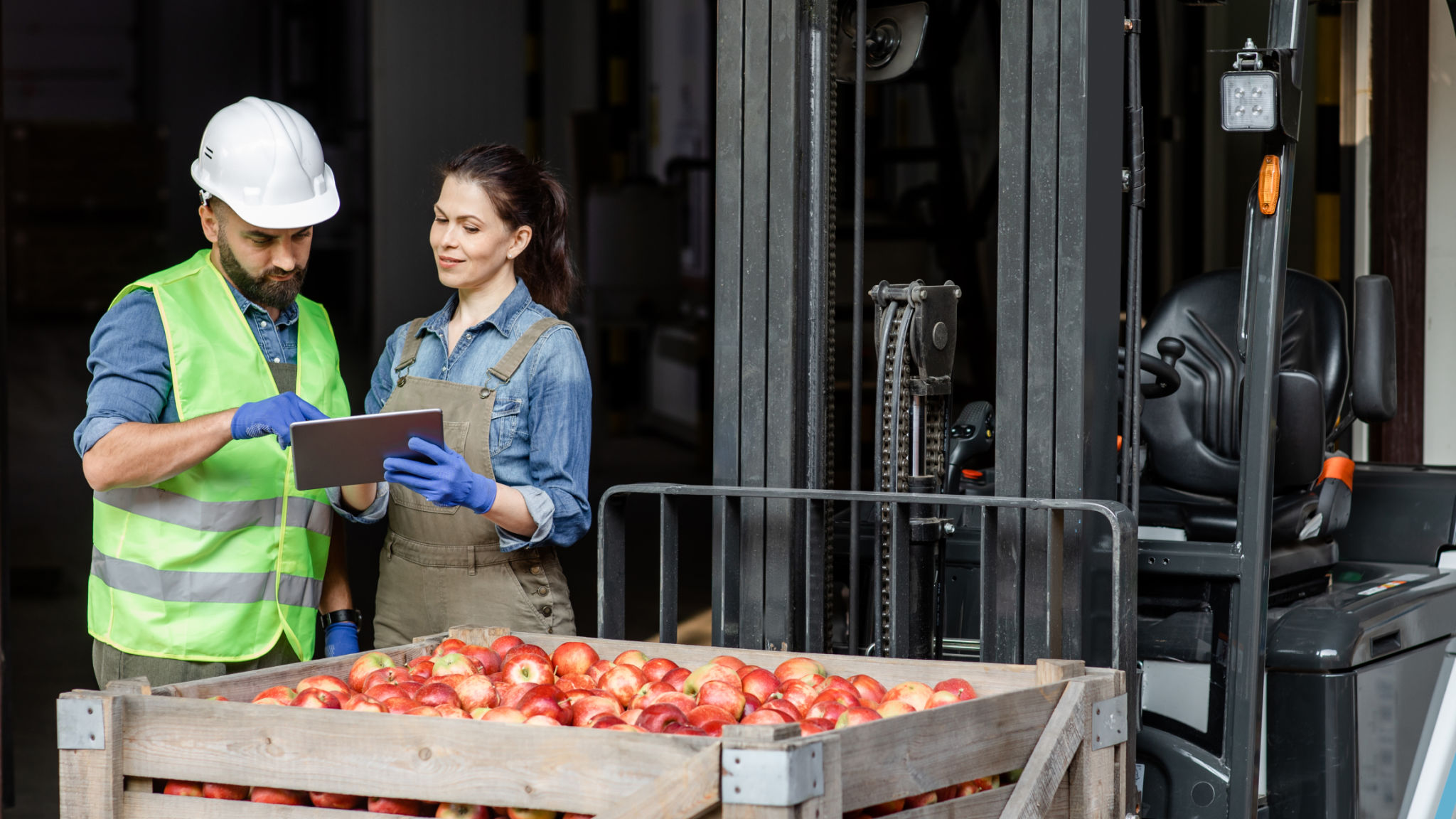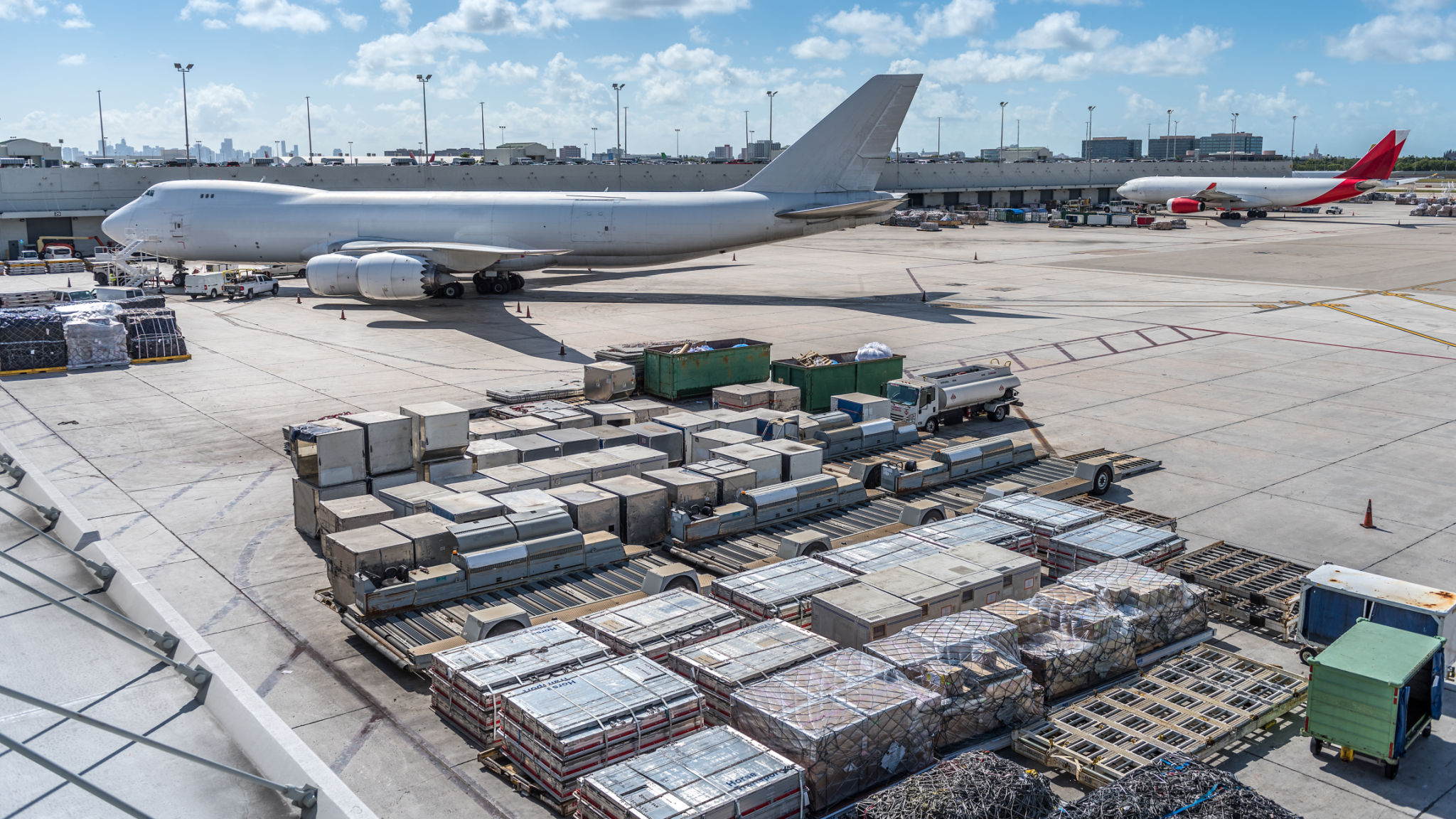Choosing the Right Shipping Method for Fresh and Frozen Produce
Understanding the Importance of Shipping Methods
When it comes to transporting fresh and frozen produce, choosing the right shipping method is crucial for maintaining the quality and safety of the products. The delicate nature of these items demands special attention to temperature control, speed, and handling. Whether you are a small farm owner or a large distributor, selecting the appropriate shipping solution can significantly impact your business.

Types of Shipping Methods
Refrigerated Trucks
Refrigerated trucks, also known as reefers, are a popular choice for transporting fresh produce. These trucks are equipped with cooling systems that maintain a constant temperature, ensuring that fruits and vegetables remain fresh throughout the journey. This method is ideal for short to medium distances and offers flexibility in scheduling and delivery routes.
Air Freight Services
For perishable goods that need to be transported over long distances quickly, air freight services are often the preferred option. Although this method can be more expensive, it provides the speed necessary to ensure that fresh and frozen produce arrives at its destination in optimal condition. Proper packaging and temperature control are essential when using air freight to prevent spoilage.

Factors to Consider When Choosing a Shipping Method
Distance and Delivery Time
The distance your produce needs to travel and the required delivery time are key factors in selecting a shipping method. For local deliveries, refrigerated trucks may suffice, while international shipments might necessitate air freight to ensure timely arrival.
Budget Constraints
While it's important to prioritize quality, budget constraints cannot be ignored. Consider the cost-effectiveness of each shipping option. Sometimes, combining different methods, such as using trucks for initial transport and air freight for final delivery, can offer a balanced solution.

Ensuring Quality and Safety
The safety and quality of fresh and frozen produce depend heavily on maintaining the right conditions during transit. This involves not only selecting the appropriate method but also ensuring proper packaging and handling. Invest in high-quality containers and insulation materials to keep your products safe from temperature fluctuations.
Monitoring and Tracking
Advanced monitoring systems can provide real-time data on the temperature and location of shipments. This technology allows businesses to track their produce throughout the journey, ensuring that any issues are addressed promptly. Implementing such systems can provide peace of mind and enhance customer confidence in your brand.
Conclusion
Choosing the right shipping method for fresh and frozen produce is a vital decision that involves balancing multiple factors, including speed, cost, and quality assurance. By understanding your specific needs and the options available, you can make informed decisions that benefit both your business and your customers. Always prioritize safety and consider investing in technology that enhances the reliability of your shipments.
